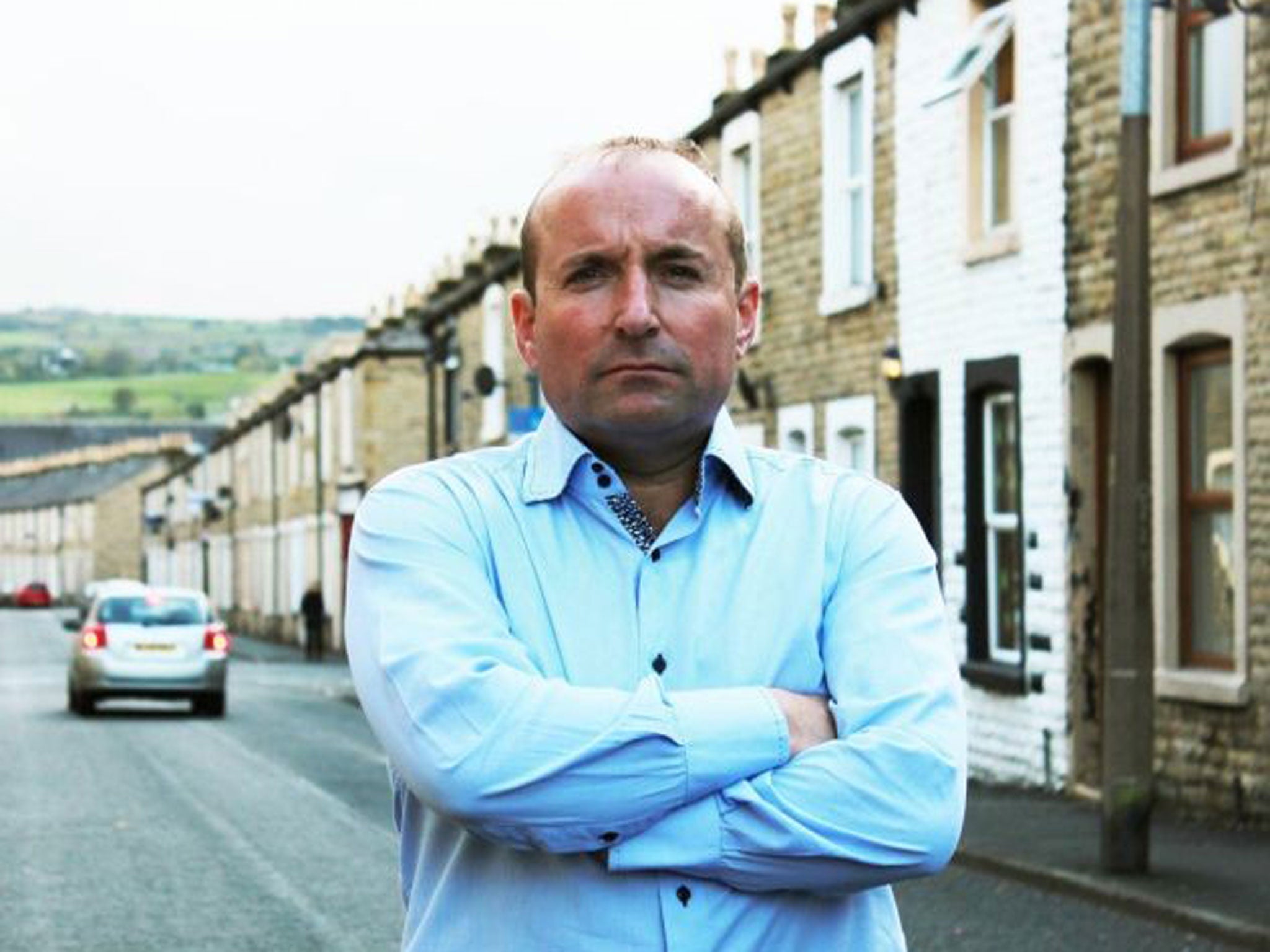Julian Knight: Poorest foot the bill while payday lenders cash in

Your support helps us to tell the story
From reproductive rights to climate change to Big Tech, The Independent is on the ground when the story is developing. Whether it's investigating the financials of Elon Musk's pro-Trump PAC or producing our latest documentary, 'The A Word', which shines a light on the American women fighting for reproductive rights, we know how important it is to parse out the facts from the messaging.
At such a critical moment in US history, we need reporters on the ground. Your donation allows us to keep sending journalists to speak to both sides of the story.
The Independent is trusted by Americans across the entire political spectrum. And unlike many other quality news outlets, we choose not to lock Americans out of our reporting and analysis with paywalls. We believe quality journalism should be available to everyone, paid for by those who can afford it.
Your support makes all the difference.David Fishwick, famous for the Bank of Dave TV programme, has a new series out called Dave: Loan Ranger, this time looking at the world of payday lending. The programme was originally planned for the autumn but has been mired in legal wrangling due to the clearly negative stance that David takes towards payday lending. His main thesis is that these lenders are often sourced abroad and in effect what we are allowing to happen is that low income people in Britain, desperate for credit, are handing over huge sums – in the billions of pounds – in high interest and high charges to overseas companies. In effect, an outflow of cash from our poorest to the world's richest. Some of the most powerful moments in the series are of David meeting with community leaders who talk about what they are seeing on the ground. All too many of our high streets are made up of the "unholy trinity" of the bookies, cheap pub and payday lender. This isn't just about high interest rates or that favourite word of the Treasury Select Committee, "transparency", it is about social cohesion and Dave's programme reminds us of that.
Hargreaves in a spin
Don't you just love spin? This week giant investment house Hargreaves Lansdown has announced how it will change its business model to comply with new rules governing the imposition of fees on funds sold to the public, coming into force in April. Reading the comments of chief executive Ian Gorham you would think that Hargreaves was undertaking some great act of altruism by lowering some upfront fees rather than simply following the rules meant to make the amount of money we really pay to invest clear and fair. An end to fund rebates and kickbacks are promised by these reforms, and charges will be upfront and clearly levied on the customer. This will hit the likes of Hargeaves' bottom line – reflected in a drop in the firm's share price – but ultimately should mean that we can make sounder judgements over where we invest, not blinded by flashy rebates. And I'm sure Hargreaves and others will be able to operate in this new environment, make money and still offer access to a universe of invetsments.
The system needs assessing
Every year I write a little reminder over the upcoming self- assessment tax deadline. Yet each year close to a million people miss it and trigger an automatic fine. More may find themselves fined this year. Some 110,000 higher-earning parents who receive child benefit payments face a fine if they fail to register for, and return, their tax self-assessment forms. Many may not be aware they have to go to the rigmarole of filling out and returning their forms. Some, who enjoy self-employed income, will be used to self-assessment but there will be many earning just PAYE who have never had to go down the self-assessment route. It seems a wholly over-complex way to ensure fairness in the payment of child benefit, reminding me of the clunking bureaucracy in play in the tax credit system. Slowly but surely more and more of us are being dragged into self-assessment.
Help for the leaseholders
We have been inundated with responses following the launch of our campaign to get a better deal for Britain's five million leasehold homeowners. One reader sent a series of A4-size binders relating to a leaseholder dispute going back 20 years. The reader argued they and their fellow leaseholders have been consistently overcharged by the managing agent acting for the freeholder. The files tell a story of one step forward, two back as the management company plays hardball over every single dispute. This is a familiar story, with individual leaseholders taking on large companies lawyered up to their eyeballs. These managing agents know that if they let one group of leaseholders win in court or a tribunal they could face challenges from all over. They work on the simple premise that they can charge just enough so that leaseholders won't take legal action. The system as it stands stinks.
Join our commenting forum
Join thought-provoking conversations, follow other Independent readers and see their replies
Comments